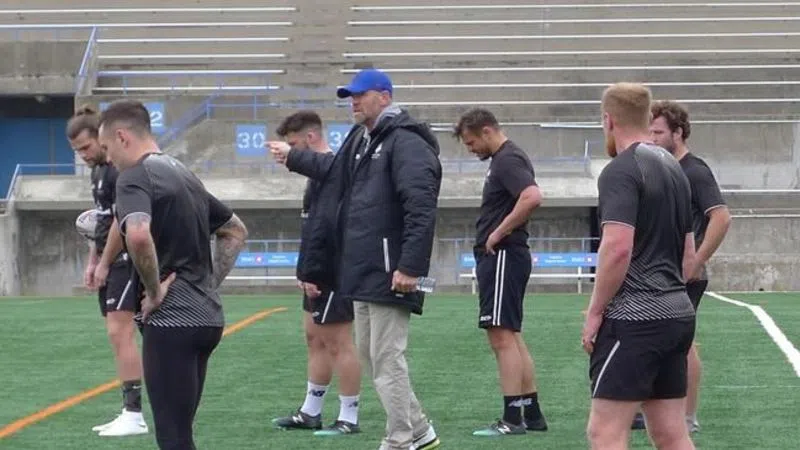
A former royal marine and boxer, Wolfpack coach has compelling back story
TORONTO — As coach of the transatlantic Wolfpack, Brian McDermott doesn’t have the presence or profile of some of his Toronto coaching counterparts.
But the 49-year-old Englishman has a compelling back story. McDermott was a former royal marine, boxer and Great Britain rugby league international before winning a string of trophies as Leeds Rhinos coach.
Now, McDermott is looking to get the Toronto Wolfpack promoted to the elite Super League while spreading the gospel of rugby league in North America.


